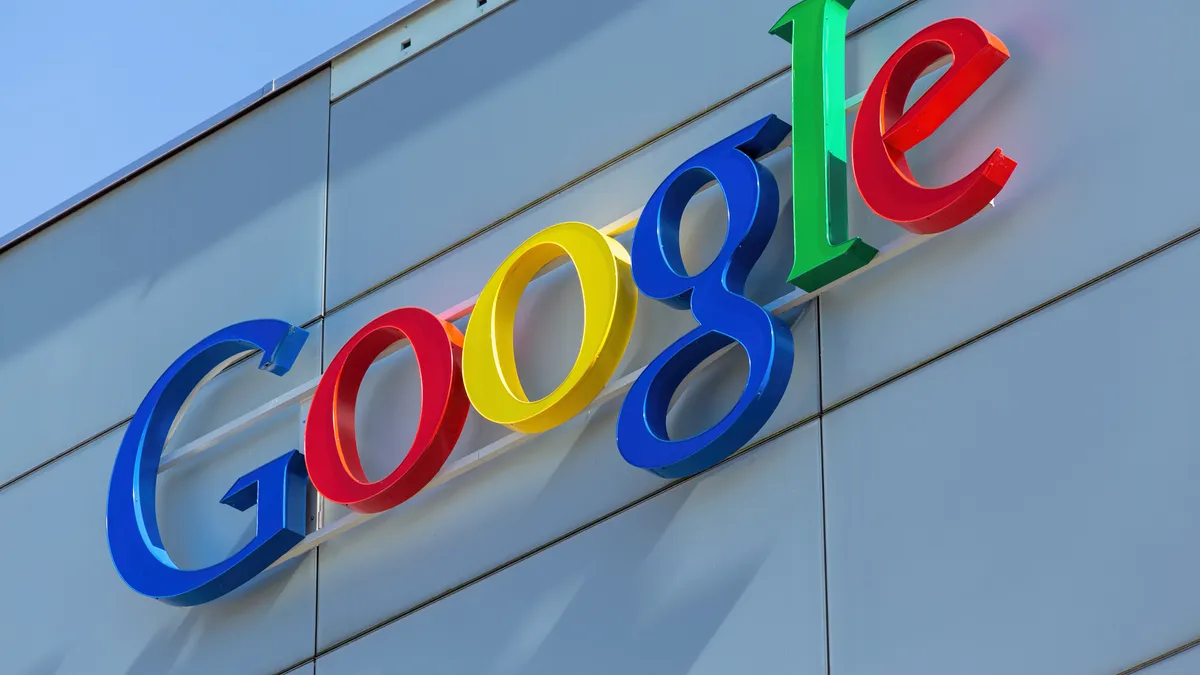Dive Brief:
- Two lawsuits by 890 students and alumni in the U.S. accuse Google of failing to gain their consent before scanning their emails via its Apps For Education suite for advertising purposes.
- The original suit was filed by four UC Berkeley students, and both suits currently have a total of 68 Berkeley students and 243 from UC Santa Cruz, according to eCampus News. U.S. District Court Judge Lucy Koh, however, has requested that each student in the larger of the two suits file separately, seeing it as an attempt to get around paying $400 filing fees for 710 individual claims.
- The students are expected to seek claims of $10,000 each, alleging that Google harvested their data from at least 2010 up until April 2014, when the tech giant published a blog post stating that "all adds scanning in Gmail for Apps for Education" were removed and that the company would no longer collect or use student data for advertising from the suite of tools.
Dive Insight:
It's likely Google will file a request that the larger suit be split into 710 claims, a move that could derail the students' efforts all together. UC Berkeley internet law professor Chris Hoofnagle told eCampus News that when Google first offered its apps to the university and was asked about data capture, it gave a "red herring" response, saying, "There is no advertising," to skirt around whether communications are being data-mined. Additionally, he noted, federal law is clear on the disclosure requried to intercept emails, but it's also worth considering that Google, knowing this, would purposefully try to gather data it wasn't entitled to gather.
Still, this isn't the first time Google has faced allegations around violating student data privacy. An FTC complaint from the Electronic Frontier Foundation last year accused the company of spying on K-12 students via its education services.














